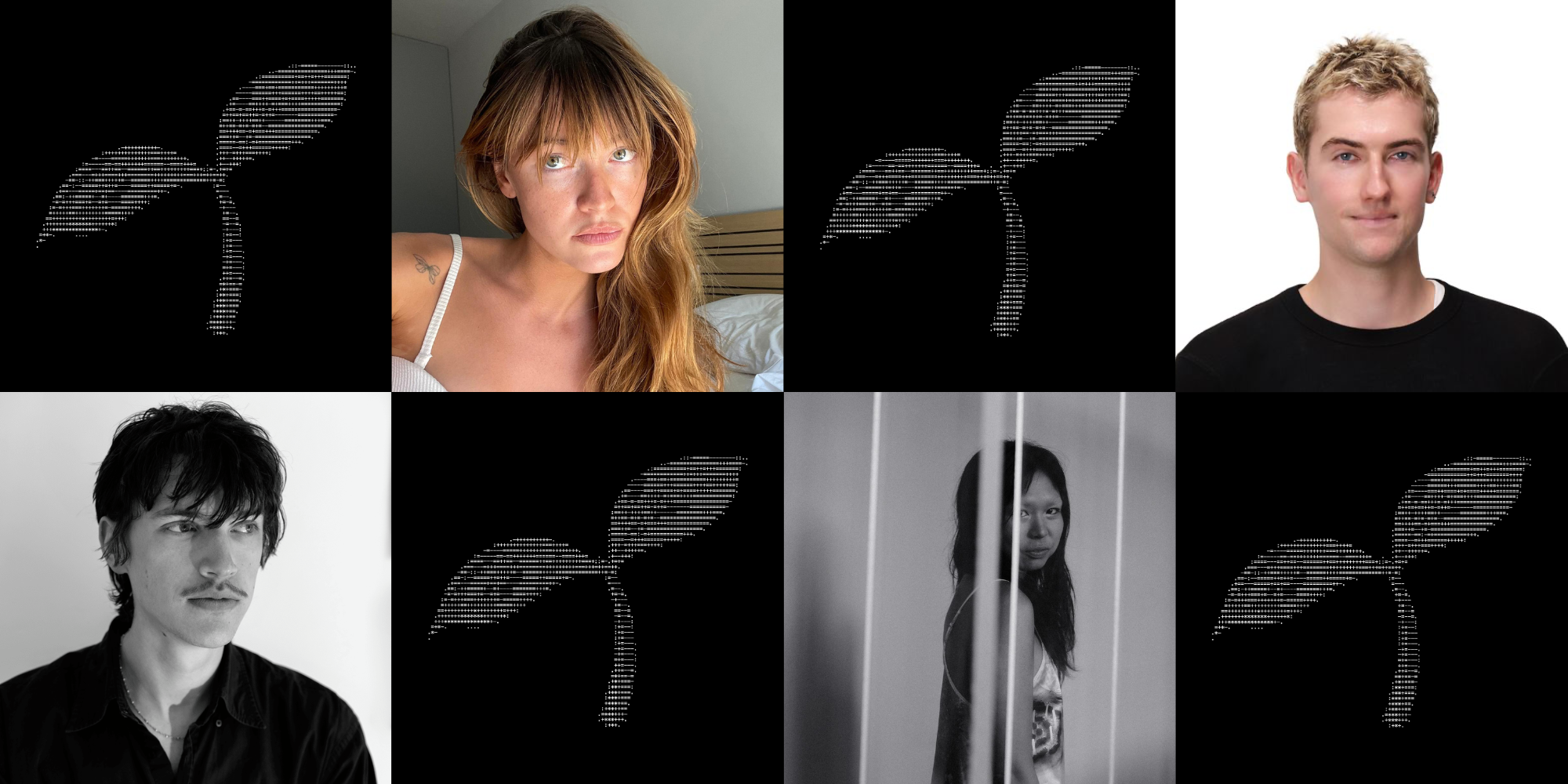
SEED Club is our global decentralised research community where 350+ brand strategists, insight journalists and cultural curators sow and grow all the SEEDS you see on Protein. As a contributor you also have the opportunity to collaborate with Protein AGENCY on client projects as well as connect and learn from a diverse, smart and entertaining group of humans. If you’d like to join, you can apply here.
Michelle Lhooq
What’s capturing your imagination right now? I’m obsessed with three thought trajectories. 1) Entity possession – a spiritual phenomenon that spans cultures and has now entered the TikTok era. 2) Ketamine – its role in contemporary culture and how people can become addicted to a mystical sense of gnosis. 3) The death of gonzo journalism – why the VICE-style, shock-jock, first-person writing about drugs and partying feels like it’s finally over. All of these are topics I’ll be exploring in my newsletter, Rave New World.
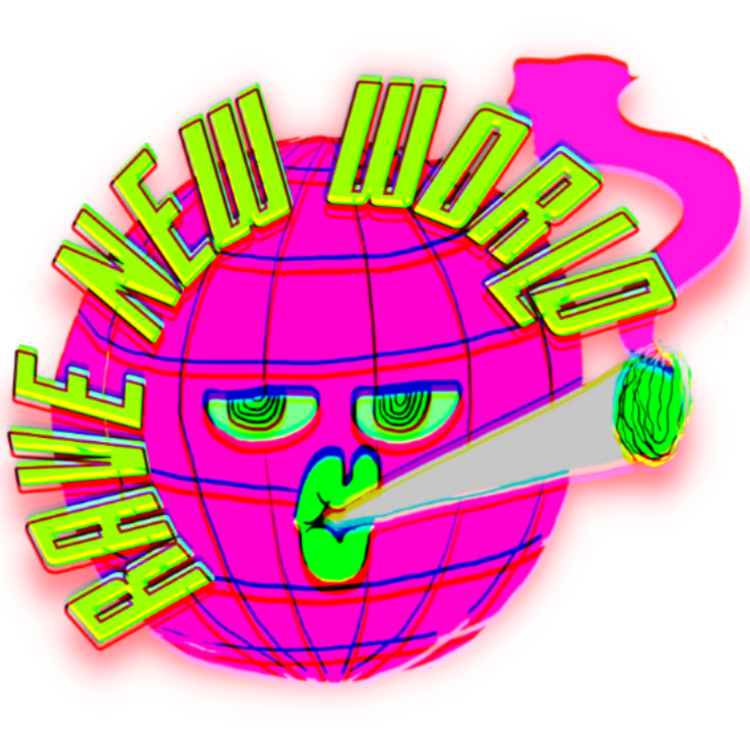
What’s next, for yourself or further afield? I’m hoping to throw a techno rave next year called Techgnosis, in collaboration with Erik Davis and other thinkers and musicians who are exploring the intersections of music, spirituality and technology in exciting ways. Sharing this vision publicly here for the first time – time to manifest it.
What’s something surprising about yourself that people in SEED Club might not know? I’m a drug journalist who grew up in Singapore – a country with some of the most draconian drug laws in the world.
Michelle Lhooq is an LA based journalist, documentarian and party producer at the intersection of raving and drugs. She’s been writing about global nightlife, rave culture, cannabis and psychedelics for the past 15 years. Her book, WEED, was published in 2019, and she writes for her Substack, Rave New World.
Brynn Valentine
What’s been inspiring you lately outside of your work? I just watched Sorry, Baby, Eva Victor’s debut film – and it’s the kind of work you want to rip off the screen and wear around all day. I can’t stop thinking about it, and I feel like it could kickstart a new wave of “post trauma-porn” storytelling.

What’s something surprising about yourself that people in SEED Club might not know? After grad school, I spent a year conducting semi-structured interviews with sugar babies – a form of sex work – to better understand the state of the gig economy.
What’s next, for yourself or further afield? Last year, much of my writing focused on opinion pieces. While I’m still exploring that territory, fiction excites me just as much. Moving forward, I’m trying to split my time between the two – that is, cultural commentary and short stories. What’s fun is seeing how each influences the other.
Brynn Valentine is a London-based writer and trends forecaster with a background in social anthropology. Her work has been featured in Aeon, Plinth and Dazed.
Willem Deisinger
What’s capturing your imagination right now? Can real, positive engagements online be understood through the lens of a game – and even optimised for (I can’t believe I just said that)? Elsewhere, I’ve just finished reading The Maniac by Benjamin Labatut, which ends with the history of AlphaGo and its famous 2016 match against world champion Lee Sedol (nicknamed "the Strong Stone"). That moment changed how we think about the abilities and potential for novel or creative acts by machines and AI. AlphaGo used neural nets and was optimised to win at Go – not to recommend the best content, the least slop, or the stuff that actually helps you connect with friends. Also, is there any way algorithms, Spotify radios or Instagram feeds could possess some form of creativity – or follow a “game system” that optimises for something other than attention? Attention is easy to measure, but can we quantify connections between friends or satisfied curiosity? Can neural nets help us there, or should we just stick to the cinema, pub and libraries?
Can you share a person and/or project that excites you? I love podcasts. I hate that it’s probably just my crazed, productivity-obsessed mindset, because I tend to listen while doing something else – two-birds-one-stone capitalism. That said, Nymphet Alumni has been a fabulous new addition to my stream. It’s been sitting in my saved list for a while, but I finally listened to a few episodes – and it’s been a delight to hear three incredible women talk about culture, history and fashion. My friend recommended the Losercore episode. Go stare at the ceiling fan and listen. It’s been huge for me, anyway.
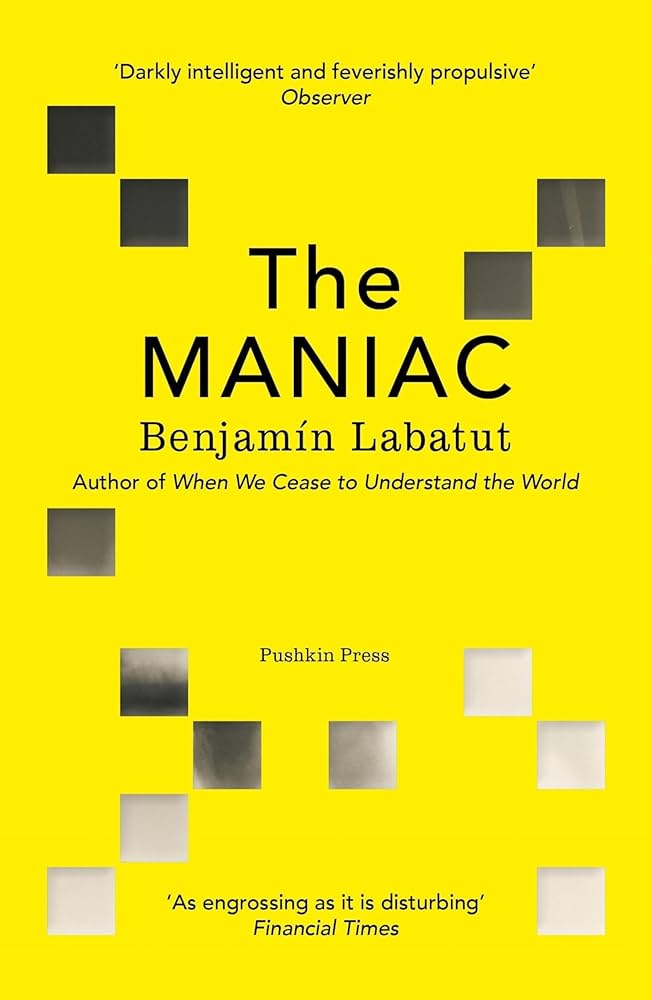
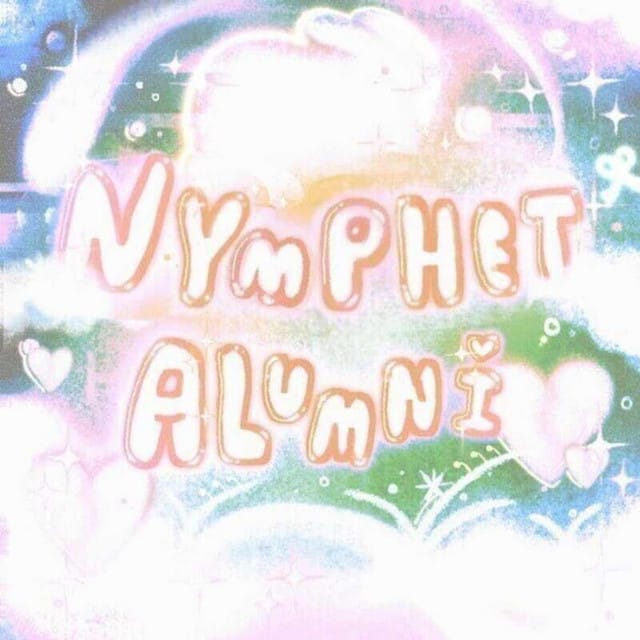

What’s next, for yourself or further afield? I’m wrapping up an essay and a set of interviews for two friends who are running the third instalment of APT, alongside an art book that gathers works from the past three years. The exhibition explores domesticity, technology and creativity in the home. For my part, I interviewed several people about an object that helps define what “home” means to them. These conversations inspired an essay on despair and delight in the home, and on how the home can act – or perhaps should act – as a place of contemplation and goalless activity (AI could never!). A space outside what we traditionally think of as labour under capitalism. Here’s hoping we can all make room for a little more contemplation and a little less labor in our homes.
What’s something surprising about yourself that people in SEED Club might not know? I couldn’t pick. I love King of the Hill – Bobby Hill is a queer icon. I own more than 10 old phones (and still use half of them). And I just set up a Plex server to build a little community around localised movie files, which I’m super excited about.
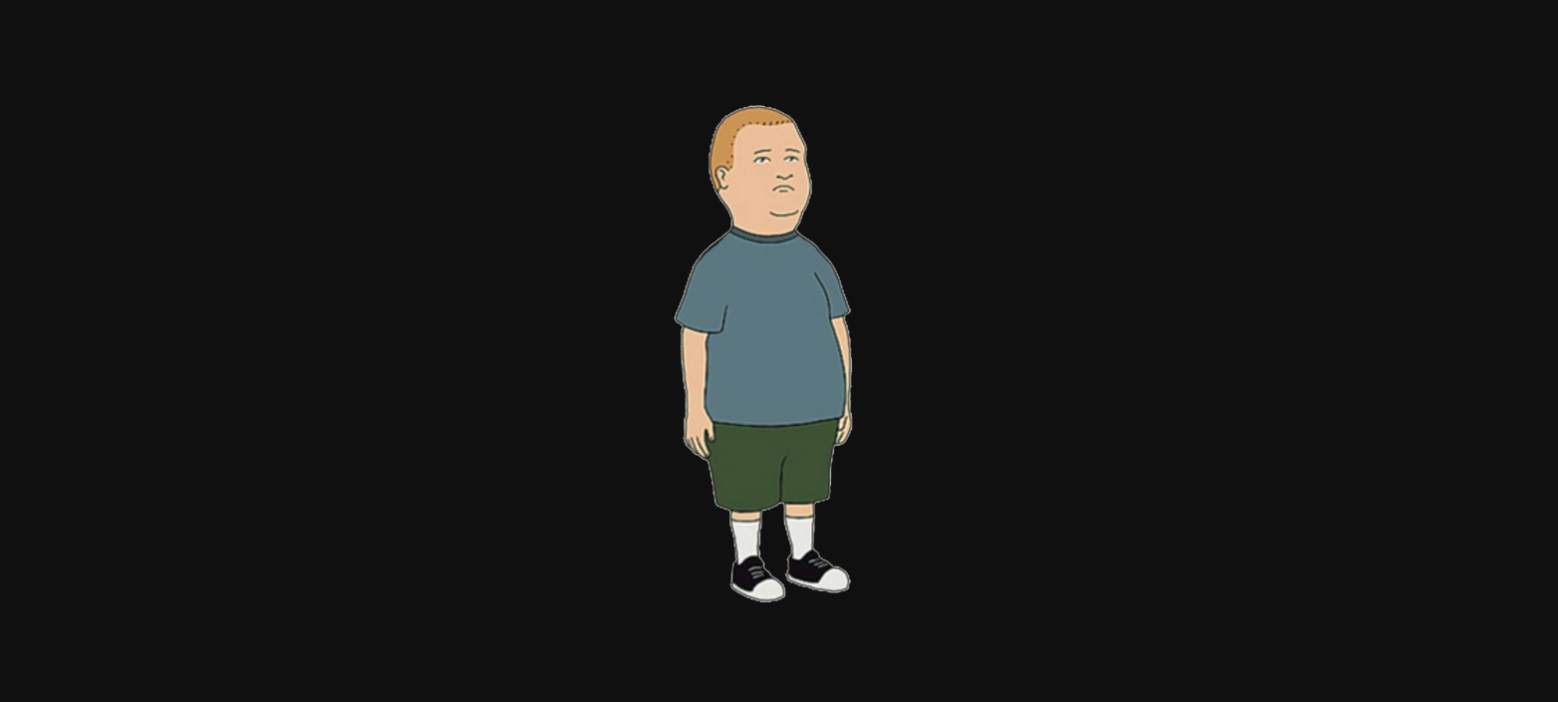
Willem Deisinger is a writer and researcher from Canada, based in London, whose work examines authoritative technologies, digital infrastructures, obsolete technologies and ubiquitous computing.
Conor Davage
What’s capturing your imagination right now? Reframing email as more than just a marketing tool. To me, it’s one of the first truly intimate internet spaces for connection and also a case study in early internet virality (remember chainmail?). I’m interested in treating emails as editorial objects, much like we regard websites. But because of spam and over-commercialisation, email has mostly been relegated to a sales channel. I’ve been imagining inboxes instead as meaningful cultural spaces – like zines or websites – a place for ritual sharing, discussion and even cultural authority.
What’s been inspiring you lately outside of your work? The “Green Wave” – the surge of cultural visibility for Irish talent. Artists like Kneecap, CMAT, and designers like Robyn Lynch (not to mention countless actors) are carving out global space for Irish voices that blend humour with sharp critique. Watching this Green Wave roll through the zeitgeist has helped me reconnect with my own identity – seeing it less as a limitation and more as a strength. That perspective is inspiring me right now, and it’s something I try to carry into everything I do.
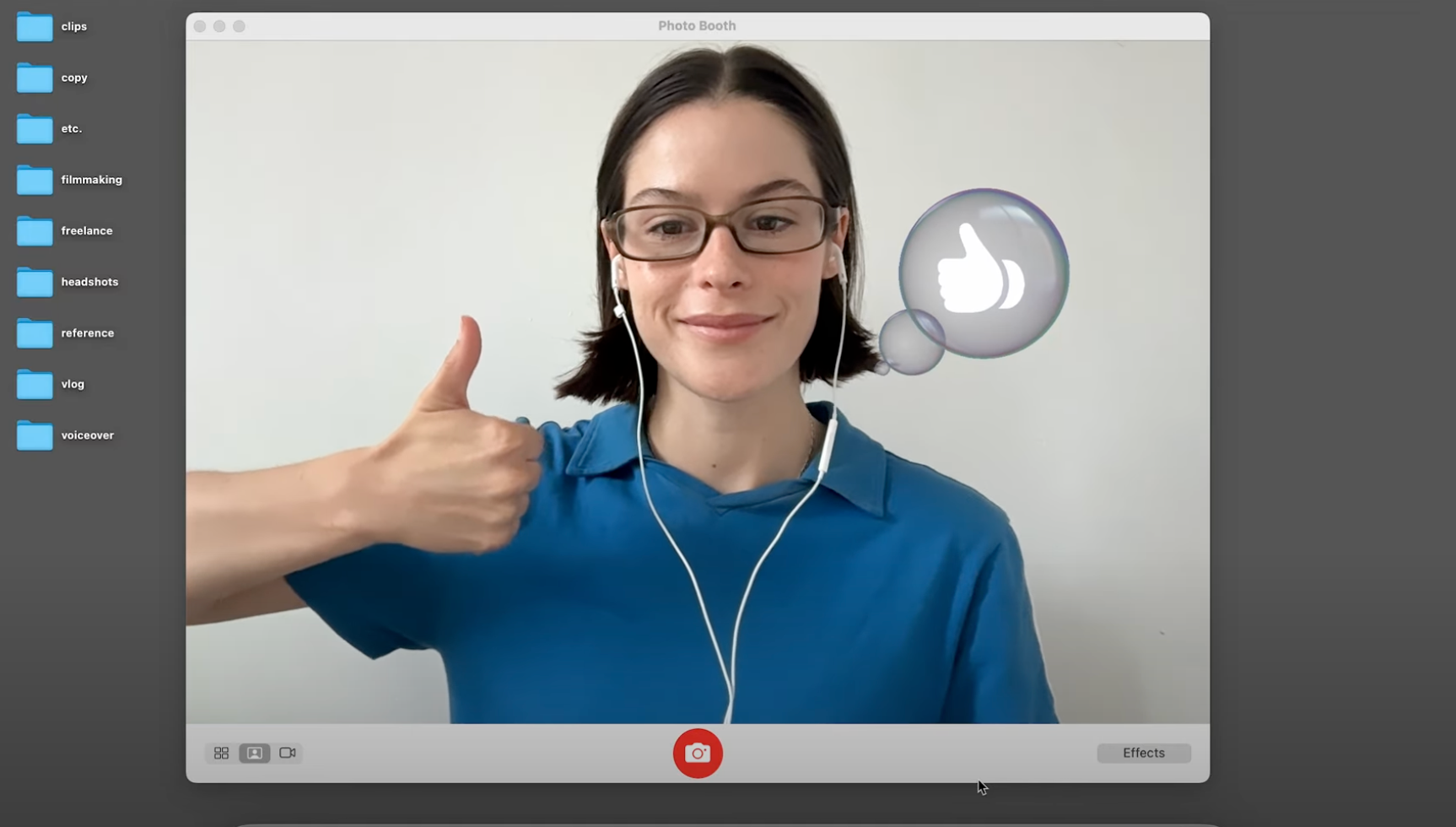
If you could collaborate with someone – living or dead, real or imagined – who would it be? I’d love to collaborate with Mickey Galvin – I think she’s really cool. Her YouTube channel explores topics like balance, the artistic process and framing creativity, all while sharing her screen and letting us into her digital world in a novel way. It feels both intimate and defiant, making the unspoken and unseen parts of making and being online visible. I’d be curious to see how her perspectives might intersect with how my consultancy Brutish engages with email as a digital space. Who knows what could come out of it!


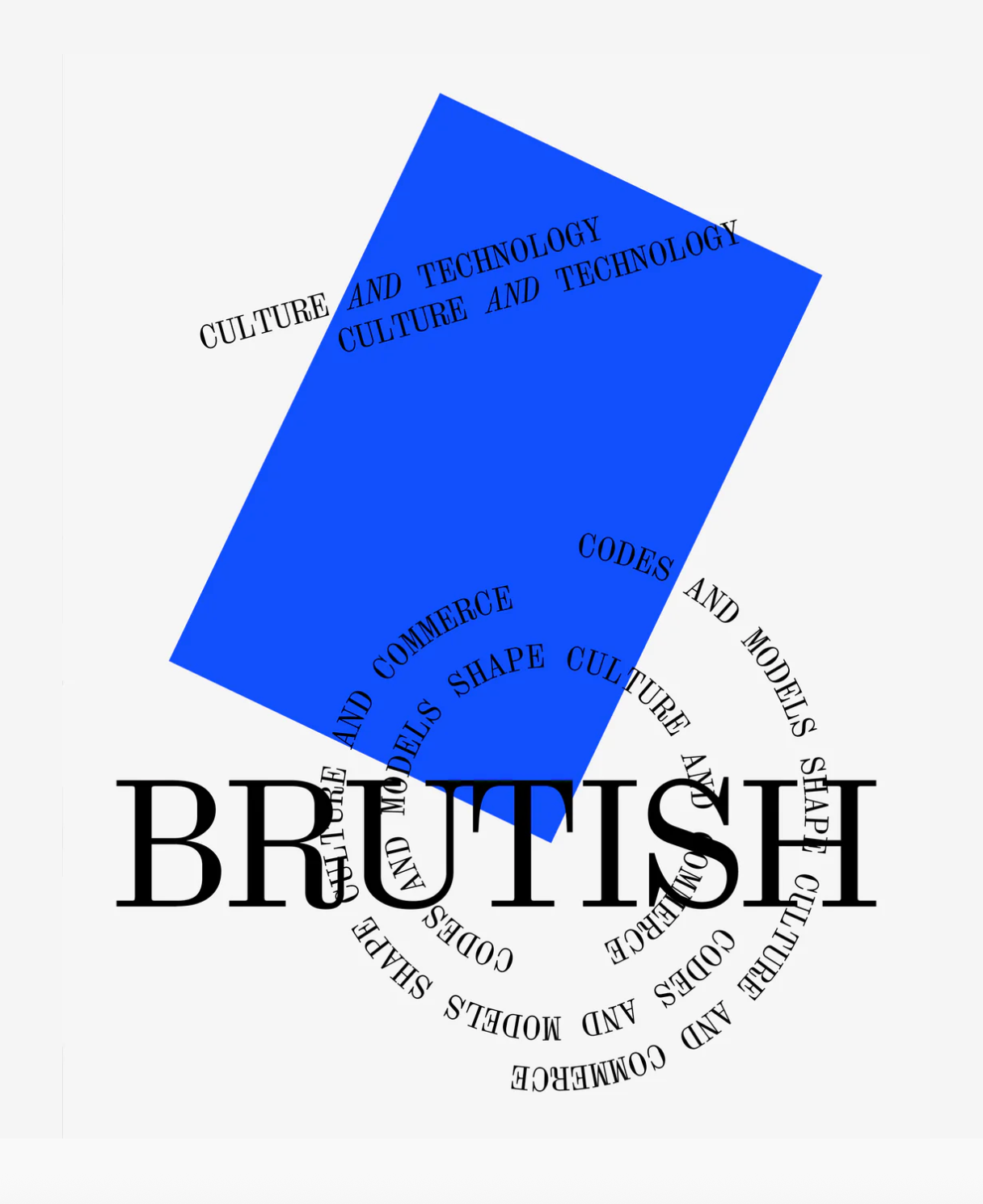
Conor Davage is an Irish strategist and the creator of Brutish, a consultancy at the intersection of cultural analytics, commercial strategy, and email design.
| SEED | #8352 |
|---|---|
| DATE | 25.09.25 |
| PLANTED BY | PROTEIN |
| CONTRIBUTORS | CONOR DAVAGE, WILLEM DEISINGER, MICHELLE LHOOQ, BRYNN VALENTINE |


